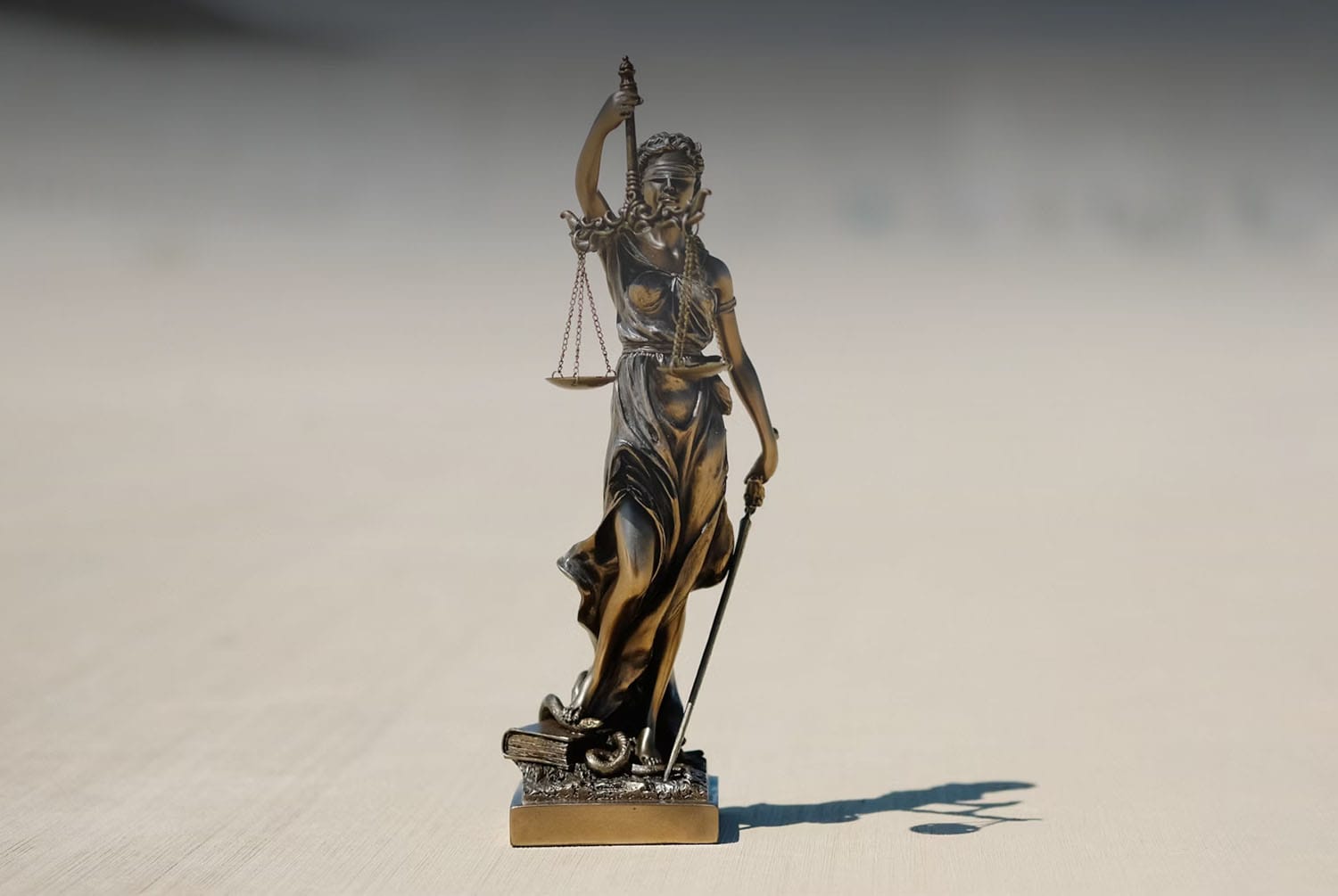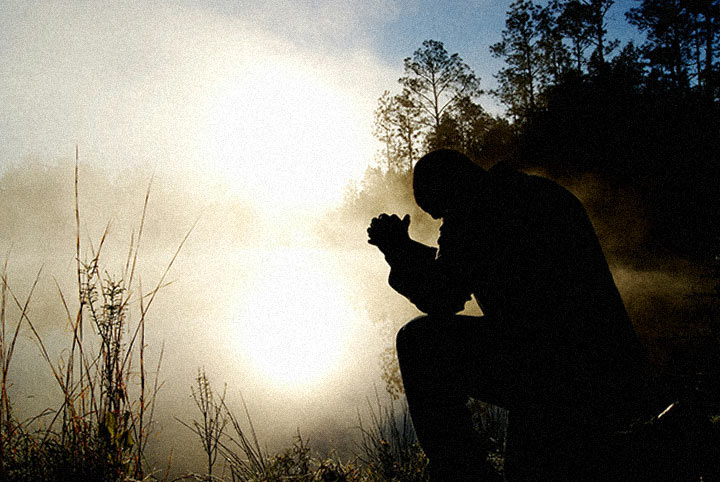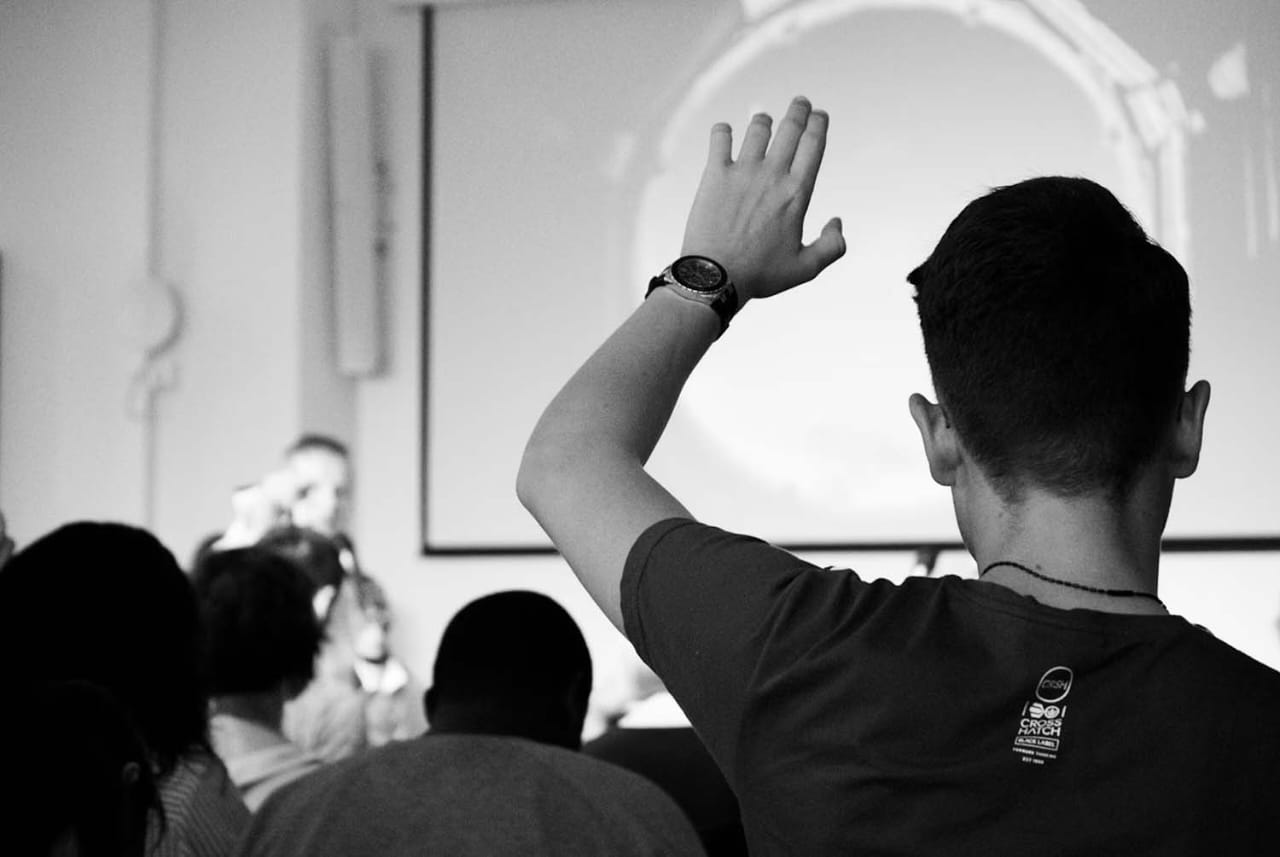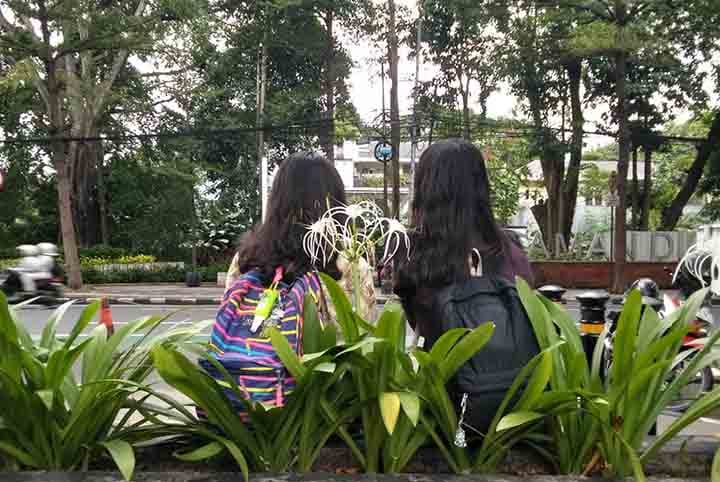In 1974, Indonesia was rocked by the case of Sengkon and Karta, two farmers from Bekasi who were unjustly convicted of murder and robbery. Without strong evidence, they were forced to confess under pressure and were eventually found guilty. They languished behind bars for years, until the real perpetrators finally confessed. This case became the starting point for legal reform in Indonesia, especially regarding the mechanism of Judicial Review (PK). Sengkon and Karta are a clear example of how belief in a law or principle that seems right can become a tool of injustice when applied without looking at the real truth.
Bildad, Job's friend, spoke with full conviction about God's justice. He stated that God will not punish the righteous and will not allow the wicked to survive for long. His thinking was simple, suffering must be the result of sin. The principle he put forward was not entirely wrong, but he ignored the broader context, namely that suffering does not always mean punishment from God. In his argument, Bildad used an image from nature: "Can papyrus grow tall if not in a swamp?" (Verse 11). He asserts the law of cause and effect, just as plants need water, so too humans who forget God will wither and perish. However, the problem is that he applies this principle absolutely to Job, without understanding the real struggle.
Job was not a hypocrite who forgot God, but rather a man whose faithfulness and faith were tested. Another image Bildad uses is a spider's web (verse 14). He compares the hopes of the wicked to a web that is easily torn apart, implying that Job has built his life on a shaky foundation. However, this is a mistaken assumption. God's justice cannot always be understood by human logic.
Bible friends, have we ever been quick to judge the suffering of others without knowing what is happening behind it? An open heart and empathy are needed in responding to situations that occur outside of us. Bildad identified himself with the teachings of wisdom, but he was blind and deaf to his friend. Perhaps we too have acted like Bildad, too quick to conclude what others are experiencing based only on our own judgment. In fact, when someone is suffering, what is often needed is a willingness to listen to their complaints and be a friend in the suffering they are experiencing.
























